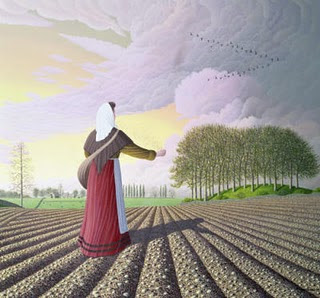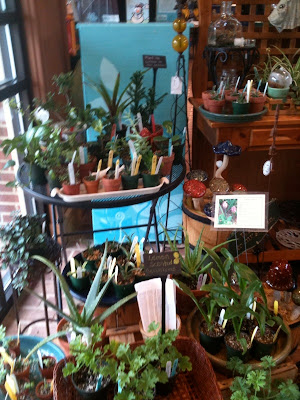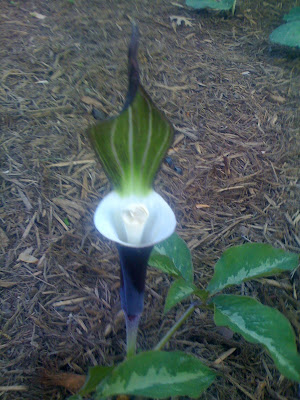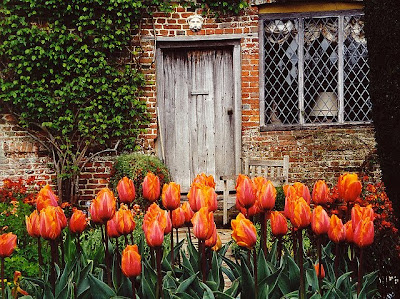
I'm still working my way through
Trials of the Moon: Reopening the Case for Historical Witchcraft. A Critique of Ronald Hutton’s Triumph of the Moon: A History of Modern Pagan Witchcraft, a recent book by New Zealand Pagan Ben Whitmore. And I may have more to say about it when I've finished it and gone back and re-read Hutton.
I'm no historian, but
Hutton's approach to the history of Witchcraft always seemed to me to be (1) too based in a privileged, literary, male approach to what is largely women's (and therefore subjugated and more likely to be found hiding in oral traditions, crafts, family customs, etc.) history and (2) too willing to accept monotheism's either/or way of looking at the world, i.e, either Dorothy Clutterbuck or many of the people burned as Witches were Christian or they were Witches, but,
obviously not both and, if we can find, for example, evidence that they attended the Christian church (even when not to do so was to invite burning or social ostracism) then they
must not have been Witches. (I don't know about Hutton, but most women I know in mainstream religions are pretty used to accepting that a certain amount of it is bollocks (yeah, right, Eve tempted Adam; yeah, right priests have to be men because the Disciples were all men, well, at least once you define the Disciples to exclude Mary Magdalen because she wasn't, you know, a man) and simply adopting the parts they like and ignoring the bollocks.) It seems far more likely to me that lots of people, especially women, simply accepted a mixture of Christianity and their old beliefs, just as many modern, self-professed Christians say that they check their daily horoscope in the newspaper, do yoga, and
believe in accept evolution. [
Literata makes a good point in comments: "Believe in" is bad framing, as it implies that evolution is a matter of faith.]
Now, thanks to
Medusa Coils' monthly round-up,
here's a review of Whitmore's book from a real historian,
Max Dashu. Dashu takes a chapter-by-chapter approach to Whitmore's book and notes that the footnotes in this book are as important as the text. Dashu's review is well worth reading in its entirety, whether you plan to read Whitmore, or not.
Obligatory statements for those who should know better: Yes, of course, some of the people burned as Witches were not Witches and did not engage in any form of Witchcraft, shamanism, or other Pagan practice. Once membership in a disfavored religion becomes cause for persecution (not to mention property approbation), lots of people get wrongly accused of belonging to that religion. Look at the current attempts to insist that President Obama is a Muslim. Yes, of course, some suggested numbers of those burned at the stake appear now to have been overstated. That doesn't change the fact that thousands of (mostly) women were (and in some parts of the world today, still are) executed as Witches. Yes, of course, some early practitioners of early Wicca made up stories about covens that extended back to mythological times. Yes, of course, modern Paganism has evolved and is in many ways different from the practices, of, say, the ancient Celts or Egyptians or Greeks. You know, so has Christianity evolved. Look at what goes on in modern mega-churches, compare that to the socialist practices of 1st Century Christians gathering in each other's homes, and get back to me about how closely my Dianic magics track those of my many-times-great Swedish grandmothers.
None of those facts mean that modern Witchcraft doesn't have ties to ancient practices, that women who would today be called (and likely self-identify as) Witches weren't burned at the stake, or that Pagans need to consider ourselves a completely modern invention.
Picture found
here.



















